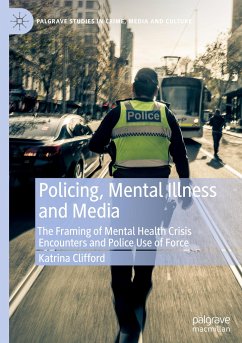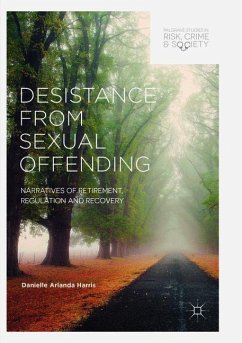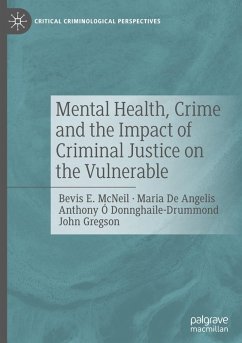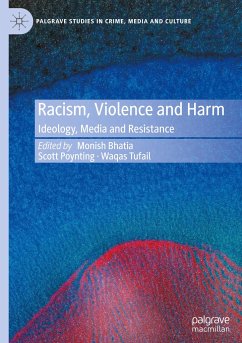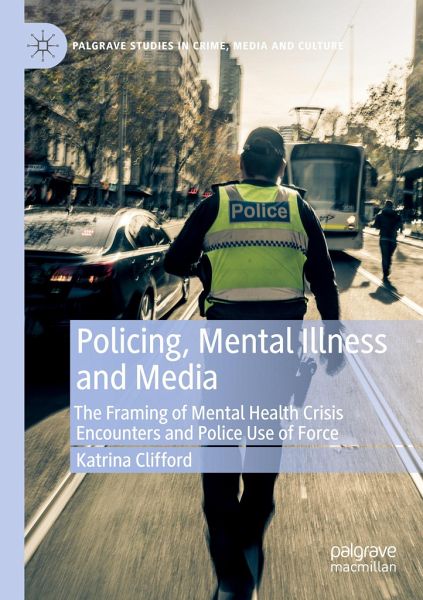
Policing, Mental Illness and Media
The Framing of Mental Health Crisis Encounters and Police Use of Force
Versandkostenfrei!
Versandfertig in 6-10 Tagen
117,69 €
inkl. MwSt.
Weitere Ausgaben:

PAYBACK Punkte
0 °P sammeln!
This book examines the complexities of the relationship between policing and mental health - in Australia especially - including the circumstances that lead to police use of force, and the ways in which news media typically report deaths resulting from police contact with people in mental health crisis. When a vulnerable member of society is killed by the police, it is only natural that questions are asked about the behaviour and actions of those involved. Police are, after all, meant to be the 'protectors of society'. By virtue of these circumstances, fatal encounters between police and menta...
This book examines the complexities of the relationship between policing and mental health - in Australia especially - including the circumstances that lead to police use of force, and the ways in which news media typically report deaths resulting from police contact with people in mental health crisis. When a vulnerable member of society is killed by the police, it is only natural that questions are asked about the behaviour and actions of those involved. Police are, after all, meant to be the 'protectors of society'. By virtue of these circumstances, fatal encounters between police and mentally ill individuals in crisis often attract heightened media and legal attention, as well as public debate. Drawing together research interviews and extensive case study analysis, the book explores the conditions for the production of this news media coverage, the ways in which it can shape public perceptions of police-involved mental health crisis interventions, and the potential impactson those involved in and affected by such events. The implications for police agencies are also considered in the context of how they respond to vulnerable people in the community, while being in the media spotlight. This book will appeal to students, scholars and practitioners in journalism, media studies, policing, criminology, sociology, and mental health as well as those interested in learning about the relationship between policing, mental illness, and media representation.





